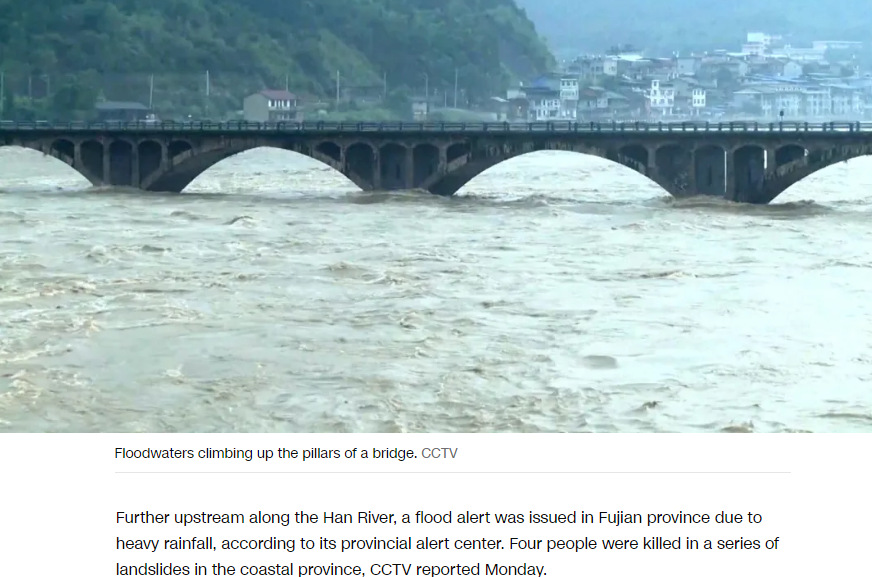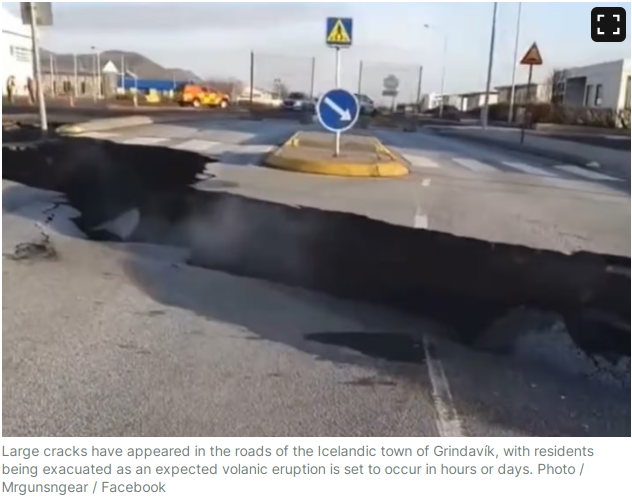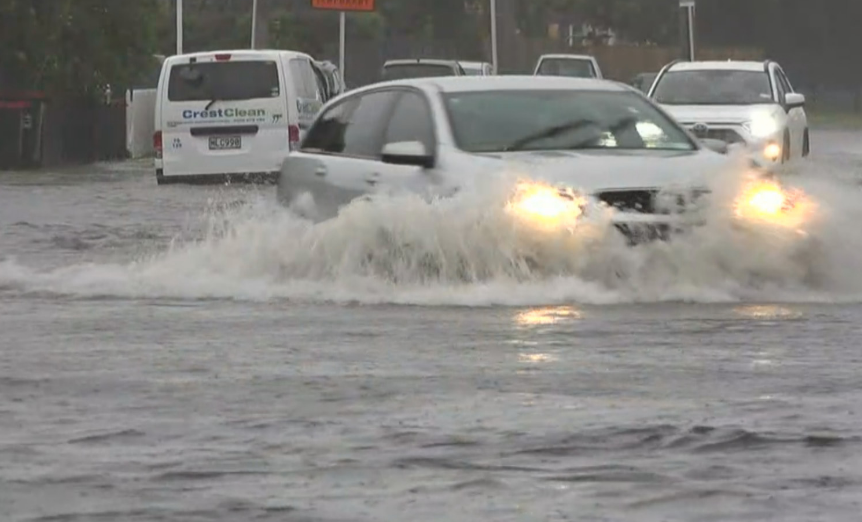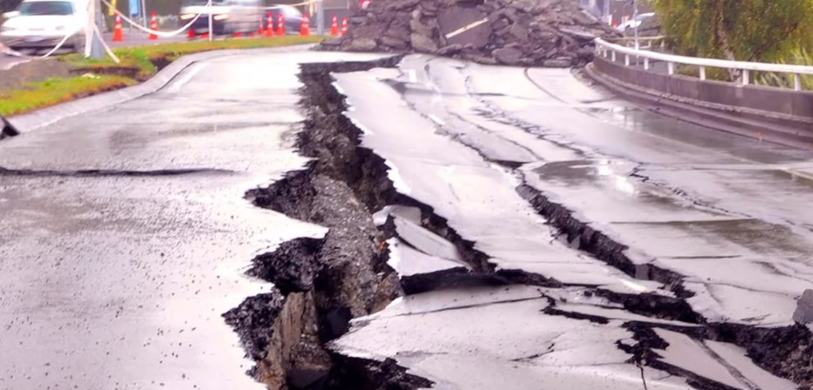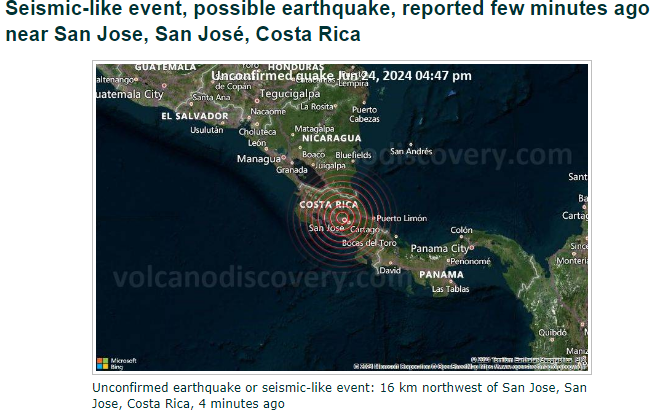| Key Information | Details |
|---|---|
| Date | June 2024 |
| Affected Areas | Greece, including Athens, Rhodes, Samos, and Crete |
| Temperature | Up to 44.5°C (112°F) |
| Heatwave Definition | Temperatures above 38°C for at least three days |
| Wildfires | Fires have spread in Paphos, Cyprus, and Crete |
| Travel Advisory | No official travel advisory, but precautions are recommended |

The Greece heatwave of 2024 is a severe weather event that has caused numerous challenges for both locals and tourists. With temperatures soaring up to 44.5°C (112°F) in some areas, this heatwave is causing disruptions and posing risks to public health and safety.
Affected Areas
The heatwave has affected various parts of Greece, including Athens, Rhodes, Samos, and Crete. High temperatures have also been recorded in Chania, on Crete’s northwestern coast, reaching 44.5°C.
Definition of a Heatwave
In Greece, a heatwave is defined as temperatures above 38°C (100.4°F) that last for at least three consecutive days.
Travel Precautions
Although there is no official travel advisory, tourists with upcoming trips to Greece should take precautions to stay safe during the heatwave. This may include avoiding outdoor activities during the hottest parts of the day, staying hydrated, and seeking shade when possible.
Wildfires
Wildfires have been a significant concern during the heatwave, with fires reported in Paphos, Cyprus, and Crete. Five villages in Paphos were evacuated, and many homes and farms have been destroyed. Thankfully, no casualties have been reported due to these wildfires.
Tourist Safety
There have been reported cases of tourists being unaware or improperly informed about the risks associated with the heatwave. Search-and-rescue missions have been initiated for missing tourists, including renowned British TV doctor Michael Mosley, who was found dead on Symi Island after going missing during a hike.

UK Foreign Office Statement
The UK Foreign Office has not issued a travel advisory regarding the heatwave. However, they advise tourists to stay informed about local weather conditions and take necessary precautions to ensure their safety.
In conclusion, the Greece heatwave of 2024 is a significant weather event that has resulted in high temperatures, wildfires, and risks to public health and safety. Tourists with upcoming trips to Greece should stay informed about local weather conditions and take necessary precautions to ensure their safety.



